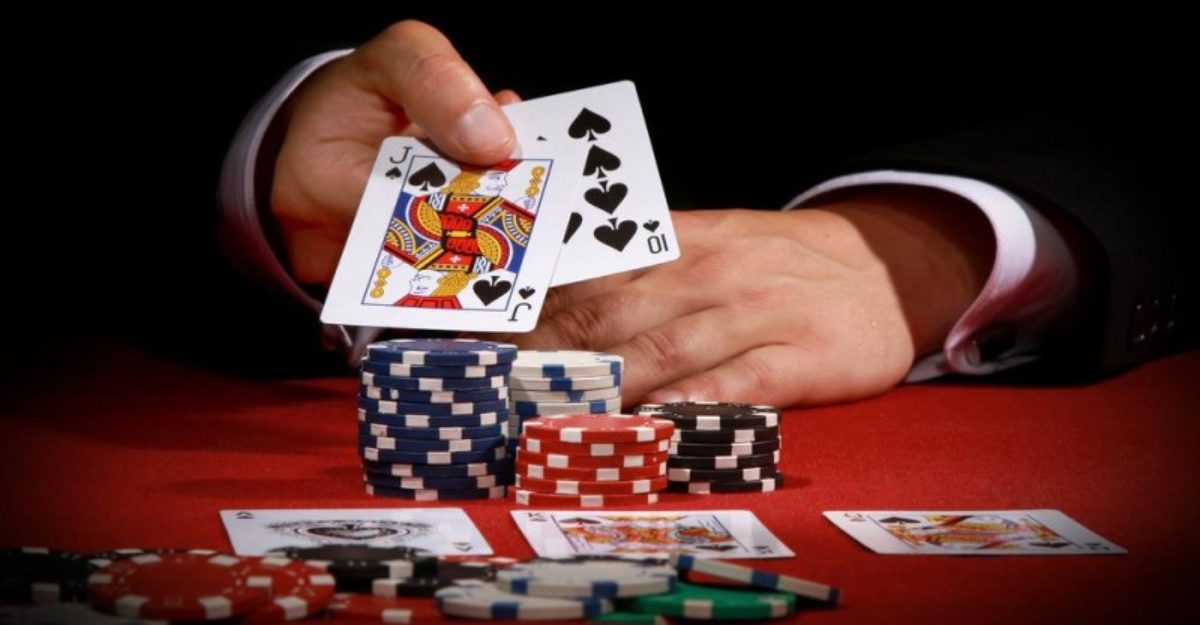
Poker has long transcended its origins as a mere card game, evolving into a significant cultural phenomenon that has made its mark on movies and television. From high-stakes tournaments to intimate home games, the allure of poker reflects broader themes of risk, strategy, and human psychology. This article explores the fascinating interplay between poker and pop culture, examining how the game has shaped and been shaped by the storytelling mediums we know today.
In the world of cinema and television, poker serves not just as a backdrop, but as a narrative device that drives character development and plot progression. Iconic films and series have leveraged the game to convey tension, conflict, and camaraderie, often placing characters in situations where they must outsmart their opponents. Whether it’s the psychological warfare in a high-stakes casino or the camaraderie at a home game among friends, poker encapsulates the human experience in a way that resonates with audiences.
Furthermore, the cultural symbolism of poker extends beyond the table. It represents a microcosm of society’s complex dynamics, highlighting themes of chance, skill, and the fine line between success and failure. As we delve into specific examples from film and television, we’ll uncover how poker not only entertains but also reflects societal values and human behavior, ultimately solidifying its place in the realm of pop culture.
Poker’s Impact on Hollywood: Iconic Films That Celebrate the Game
Poker has long been a captivating game that transcends mere entertainment, finding its way into the heart of Hollywood. From high-stakes tournaments to underground games, the cinematic portrayal of poker not only reflects the thrill of competition but also explores deeper themes of strategy, risk, and human psychology. These films often depict poker as a metaphor for life’s unpredictable nature, where every decision can lead to triumph or failure.
As audiences have fallen in love with the game, filmmakers have seized the opportunity to weave poker into narratives that range from comedic capers to intense dramas. The game serves as a backdrop for character development, showcasing the complexities of ambition, betrayal, and camaraderie. Let’s explore some iconic films that celebrate poker and its multifaceted influence on pop culture.
Notable Poker Films
- Rounders (1998) – A gripping tale of high-stakes poker in New York City, this film has become a cult classic. It dives into the world of underground poker and the challenges faced by its protagonists.
- Casino Royale (2006) – This James Bond film features a pivotal poker game that not only showcases the character’s wit and strategy but also serves as a key plot device in the battle against evil.
- The Cincinnati Kid (1965) – A classic showdown between generations of poker players, this film examines the themes of skill versus luck in a tense, dramatic atmosphere.
- Maverick (1994) – Blending humor with poker action, this film captures the spirit of the Old West and highlights the lighter side of the game.
These films not only entertain but also highlight the cultural significance of poker, influencing how the game is perceived by both casual players and enthusiasts alike. As poker continues to evolve, so too will its representation in cinema, further cementing its place in the landscape of popular culture.
Television’s Love Affair with Poker: Memorable Shows and Moments
Poker has captivated audiences not only in casinos but also on television, where its strategic depth and psychological tension have provided fertile ground for storytelling. From dramatic showdowns to comedic misadventures, poker has become a recurring theme in numerous shows, reflecting the game’s cultural significance and its allure as a social activity.
Some of the most memorable moments in television history have been shaped by poker, showcasing everything from high-stakes games to the personal battles of the characters involved. As viewers watch their favorite characters bluff, raise, and fold, they are drawn into the intricate world of poker, where every decision can have life-altering consequences.
Notable Shows Featuring Poker
- Rounders – Although primarily a film, its influence extended into the TV landscape, inspiring shows like “High Stakes Poker.”
- The Simpsons – Featuring numerous poker-related episodes, including Homer’s hilarious attempt to win at a casino.
- Breaking Bad – A memorable poker scene highlights the intense psychological tension between the characters.
- Friends – The gang’s poker nights often led to unexpected twists and humorous outcomes.
- Game of Thrones – While not a traditional poker game, the show’s strategic machinations mirror the game’s bluffing and risk-taking elements.
Iconic Poker Moments
- Homer vs. Moe: An unforgettable poker showdown in “The Simpsons” that left fans laughing.
- Mike and Gus: A tense poker game in “Breaking Bad” that exemplified the show’s high stakes and character depth.
- The One with All the Poker: A classic “Friends” episode that encapsulated the humor and camaraderie of poker nights.
These examples illustrate not just the game’s popularity but also its ability to enhance character development and plot progression. As long as poker remains a symbol of risk and reward, it will continue to find a place in our favorite television narratives.
The Evolution of Poker in Pop Culture: From Classic to Contemporary
As we reflect on the evolution of poker within pop culture, it becomes clear that the game has transcended mere entertainment to become a significant cultural phenomenon. From its early portrayals in classic films to its current status in television series and streaming platforms, poker has captured the imagination of audiences worldwide. The game has not only influenced the storytelling in cinema but has also shaped societal perceptions of risk, strategy, and competition.
Moreover, the rise of online poker and televised tournaments has revolutionized how poker is viewed and played. Today, poker is not just a game of chance; it’s a strategic battle where psychology plays a crucial role. This shift is reflected in how modern characters are portrayed–often as complex individuals with rich backstories, navigating both the game and their personal struggles.
Conclusion
In conclusion, the journey of poker in pop culture is a fascinating reflection of broader societal changes. As the game has evolved, so too have its representations in media, making it an enduring symbol of risk and reward. Below are some key points highlighting this evolution:
- Classic Era: Early films often portrayed poker as a game of pure chance, focusing on the drama and excitement of high-stakes games.
- Modern Influence: Contemporary shows and films delve deeper into the psychological aspects, showcasing characters’ internal conflicts and strategic thinking.
- Online Poker Boom: The rise of the internet has introduced new dimensions to the game, impacting its portrayal in media.
- Cultural Impact: Poker has influenced language, fashion, and lifestyle, embedding itself into the fabric of popular culture.
As we look to the future, it will be intriguing to see how poker continues to evolve and what new narratives emerge in the ever-changing landscape of pop culture.
